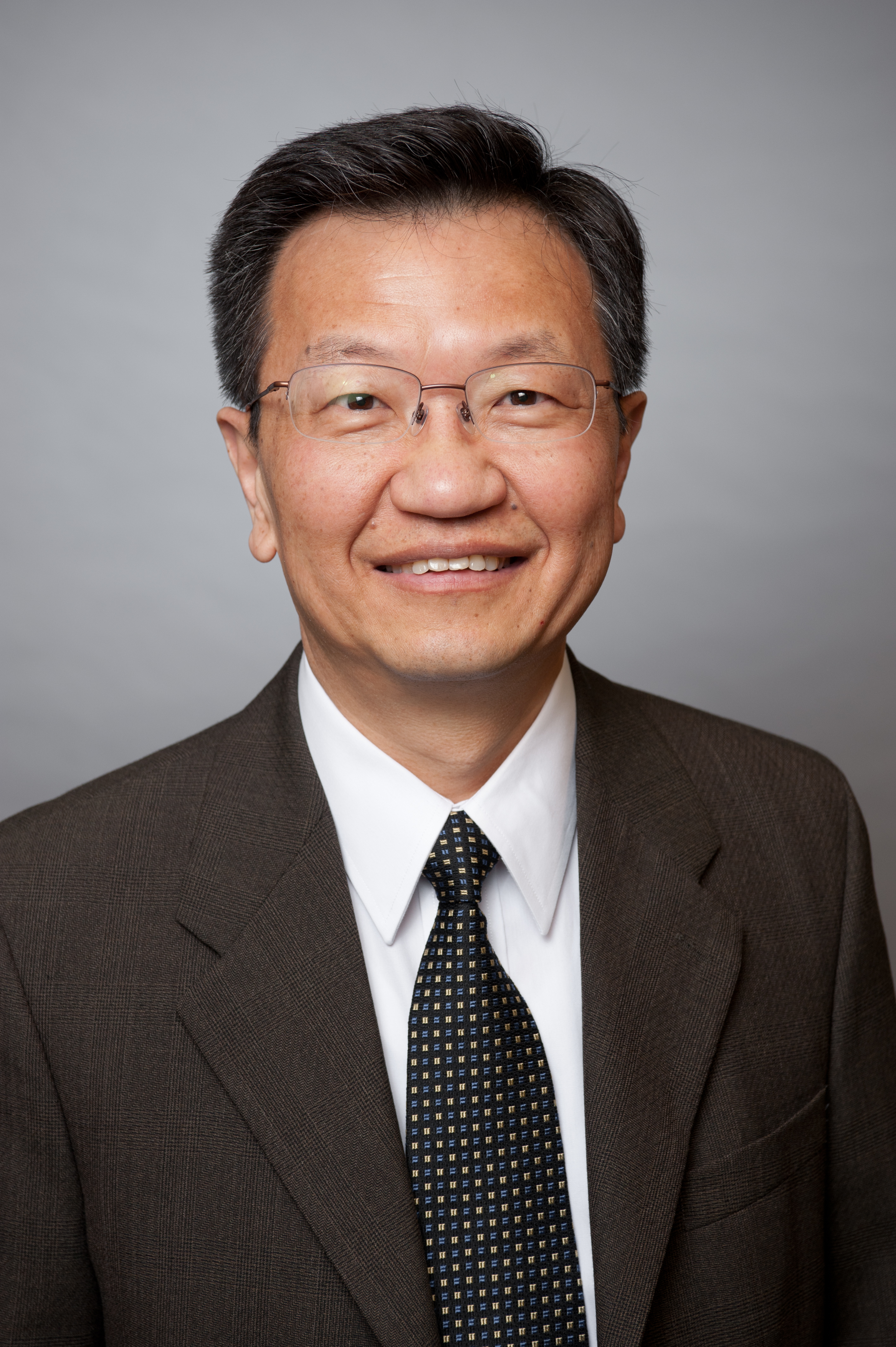Dr. Ben Wang, Executive Director of the Manufacturing Research Center (MaRC) at Georgia Tech, recently presented some of his ideas and viewpoints at the U.S. Department of Energy (DOE) Roundtable on "Strengthening Advanced U.S. Manufacturing in Clean Energy."
The Roundtable discussions, held August 9th at the White House in the Eisenhower Executive Office Building in Washington, D.C., brought together over 35 representatives from some of the country's most promising companies that are utilizing and developing advanced technologies for clean energy manufacturing - along with key research centers, public policy experts, and other stakeholders.
Participants discussed opportunities and challenges to continue improving U.S. competitiveness in advanced clean energy manufacturing in a wide array of topics - ranging from solar and wind to energy storage, vehicles, lighting, smart grid, fuel cells, and more - particularly through public-private partnerships in R&D, industry cluster development, and technology commercialization activities.
Dr. Wang said that, "The roundtable discussions were critical in understanding the capabilities, ideas, and expectations that these top experts in the field of clean energy have and hold; and how we in MaRC can strategically position ourselves to collaborate with them and lead the effort in advanced clean energy manufacturing."
Subjects discussed and debated at the roundtable will inform the U.S. Administration's evolving manufacturing strategy, particularly at the DOE's Office of Energy Efficiency & Renewable Energy, where its Assistant Secretary and roundtable host Dr. David Danielson is leading an effort to identify areas of competitive advantage for U.S. manufacturers in the global clean energy economy.
The roundtable builds upon the recent report released in July 2012 by the Advanced Manufacturing Partnership (AMP) Steering Committee of the President's Council of Advisors on Science & Technology (PCAST), "Capturing Domestic Competitive Advantage in Advanced Manufacturing."
The report offered a set of 16 recommendations around three pillars, including enabling innovation, securing the talent pipeline, and improving the business climate. The August 9th roundtable focused on the first pillar - enabling innovation - particularly as it relates to advanced clean energy manufacturing.
